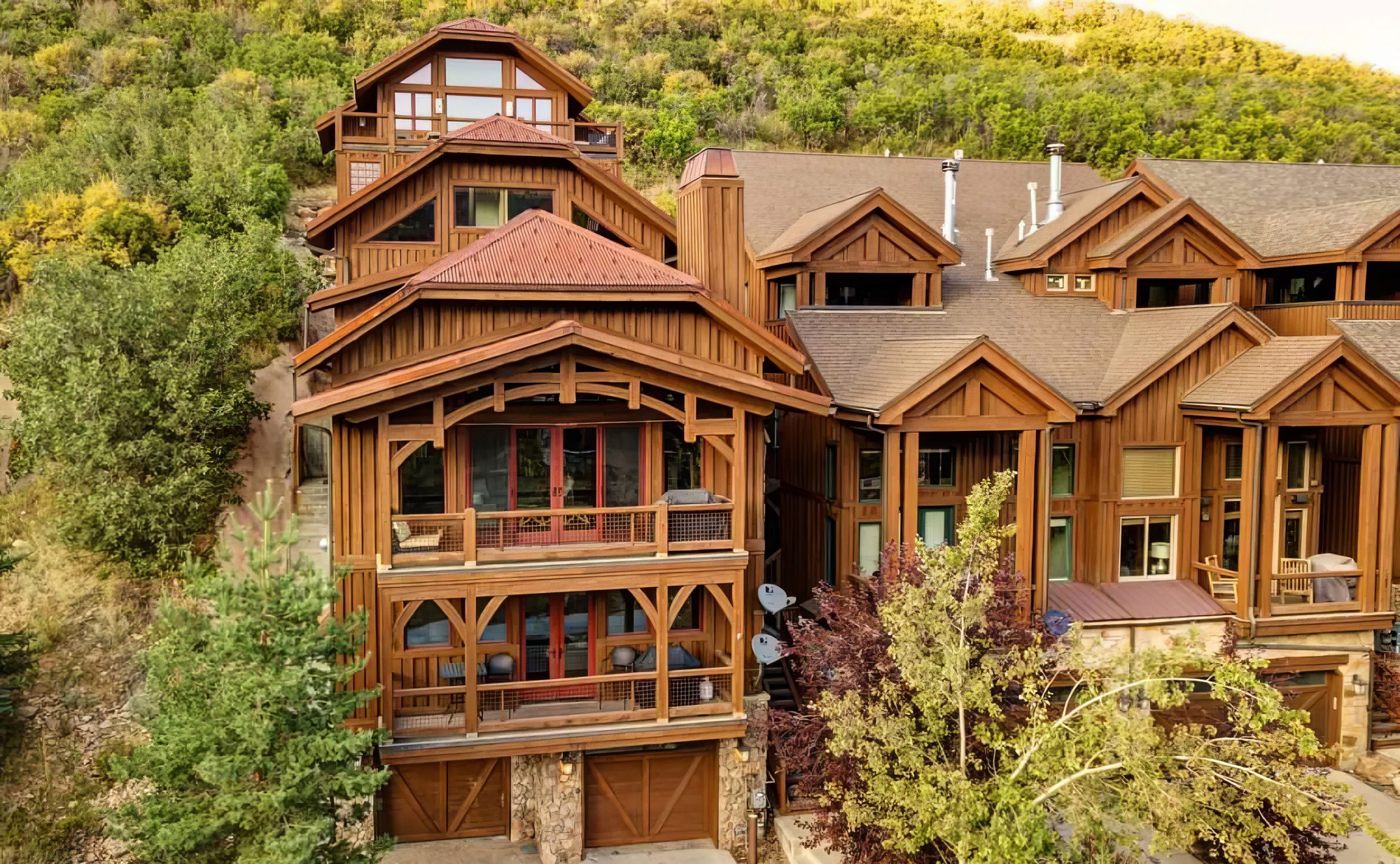When you hear the word ‘timeshare,” it’s likely you’re immediately filled with visions of hapless couples being lured into high-pressure presentations while trying to relax on their vacation. With the lure of free meals or free stays, these couples are pressured into the idea of an annual “prepaid” vacation. Soon after purchasing a timeshare, they find that these vacations are hard to use, expensive and at places that you wouldn’t want to spend an hour in, let alone a whole vacation.
It’s extremely common for people to misunderstand the difference between fractional ownership, vacation real estate private equity investment, and timeshare ownership. However, when it comes to the underlying assets ownership and exit strategies, there are some significant differences.
We recently chatted with our Equity Residences Director, Steve Dering, about fractional ownership, private equity investment, and timeshares.
As a pioneer in the fractional ownership category, Steve is an expert in the field. He created the world’s first luxury, fractional ownership development (later to be termed “residence clubs”) the Deer Valley Club in Park City, Utah.
Later, Steve worked with Millennium Partners to create The Phillips Club, the world’s first urban residence club, in Manhattan next to Lincoln Center.
Anyone who has ever been to Manhattan knows how hard it is to create a real estate development of that size in a densely populated city AND to get a shared ownership model approved. Millennium Partners owned multiple Ritz Carlton and Four Season hotels as part of their urban, mixed-use, real estate developments. So, melding fractional ownership with urban real estate and pampering service was a natural for them. And for Steve, who became a go-to expert in the industry.
What is timeshare?
First introduced in the US in 1969, timeshares are a way to buy the rights to use a vacation property for a specific period of time; usually in the form of weeks.
Steve describes timeshare as a “pre-purchase of vacations.”
“Due to extremely high marketing and sales costs, it is not real estate based. It makes sense for a segment of the market if they keep it for five or more years and make maximum use of their available time. There is little or no residual resale value.”
What is fractional ownership?
Fractional ownership is a very common ownership structure for expensive assets such as aircraft, sports cars, and vacation properties.
Fractional ownership is percentage ownership in an asset. Fractional owners share that asset and share the benefits of the asset such as usage rights and priority access.
There is typically an arrangement made through a property management company that oversees the regular upkeep of the vacation home and restocking of necessities like toiletries and food.
“Fractional ownership is most typically offered in multi-unit developments and is an alternative to owning an expensive vacation home in a specific location. Owners can exit at any time and it is up to each to sell his or her fraction, either personally or through a real estate professional,” says Dering.
“Fractional ownership is a lifestyle investment that may or may not appreciate. Much of the return on investment is the result of vacation savings when compared to the rental value of their visits to their property.”
“Fractional ownership is site-specific and is deeded to individuals. Some fractional programs do not permit rentals. If they do, the rentals cannot be mandatory and revenues cannot be pooled. Fractional owners can sell anytime they desire,” says Dering.
Fractional ownership properties are often condos or resort communities. Private residence clubs are also fractionals, albeit very high-end ones.
What is the main difference between timeshare and fractional ownership?
The main difference is that the investor owns part of the title rather than units of time, like in a timeshare ownership. Fractional ownership is also considerably more expensive since you are buying real estate; than a timeshare where you only buy the right to use a property for a period of time. This also means each fractional owner has a longer period of time available at the vacation property, meaning longer visits or stays several times a year.
What is a vacation real estate private equity fund?
A vacation real estate private equity fund, which is what Equity Residences structured as is a type of investment.
A principle difference between fractional ownership and an investment fund like Equity Residence is that there is no “income sharing” in a fractional. This is because fractionals do not produce income for owners.
These limitations do not exist for Equity Residences.
Equity Residences can only sell to accredited investors, unlike a fractional which is open to everyone.
“Limited partners in Equity Residences funds have a more predictable return on investment since it is a stated business goal and investors can choose from diverse locations when they go on vacations. And because the funds are under Regulation D, there is no restriction on sharing rental income, which is also fundamental to the limited partnership business model,” says Dering. “The funds have a stated liquidation date for the portfolio of homes, typically after a ten-year hold period.”
Management of a limited partnership rests with the general partner, which allows for any number of partners whose liability is limited to the total amount of their investment in the company. Sometimes these are referred to as “silent partners,” which means they can make investments in the company but have no voting power or control over its day-to-day operations.
There are several advantages to a private equity fund, including personal asset protection, pass-through taxation, full oversight, and investment potential.
What are some similarities between fractional ownership and vacation real estate private equity investment?
There are a few similarities between fractional vacation home ownership and vacation real estate private equity investment.
“Fractional owners and investors reserve and use their vacation homes in much the same way (excepting fund investors who opt for maximum financial dividends rather than vacations),” says Dering. “They are also similar in that both owners and partners do not have to deal with the worries and headaches of typical vacation home ownership.”
So ultimately, which one is Equity Residence?
Equity Residences provides both a financial and a lifestyle investment in a portfolio of homes in diverse locations. That means each investor has the option to maximize either the financial or lifestyle component or to balance them, according to how they prioritize financial dividends versus personal vacation.
“Because Equity Residences’ funds own the homes and have a set liquidation date, the homes are sold as whole ownership residences, which is a more traditional transaction than a fractional sale, and all investors get out at the same time,” says Dering.
For example, an interesting future liquidation strategy for investors might be to sell the homes fractionally to other investors who have a strong preference for a specific location, and who could apply their fund distribution to that fractional purchase.
“I think almost all of our accredited investors previously have considered some type of vacation home purchase or right-to-use membership. They are savvy and study the pros and cons of each option. Equity Residences attracts those who want an attractive and predictable financial return, along with superb vacations, without incurring the high cost and headaches of traditional vacation home ownership. That narrows the field of candidates and, in my humble opinion, we offer the best business model and value,” says Dering.
Final thoughts
While past performance does not guarantee future success, it’s clear that the private equity investment industry has come a long way in the last 50 years. For investors that are looking for a financial return coupled with gorgeous vacations in jaw-dropping locales, private equity investment may be the right choice.



